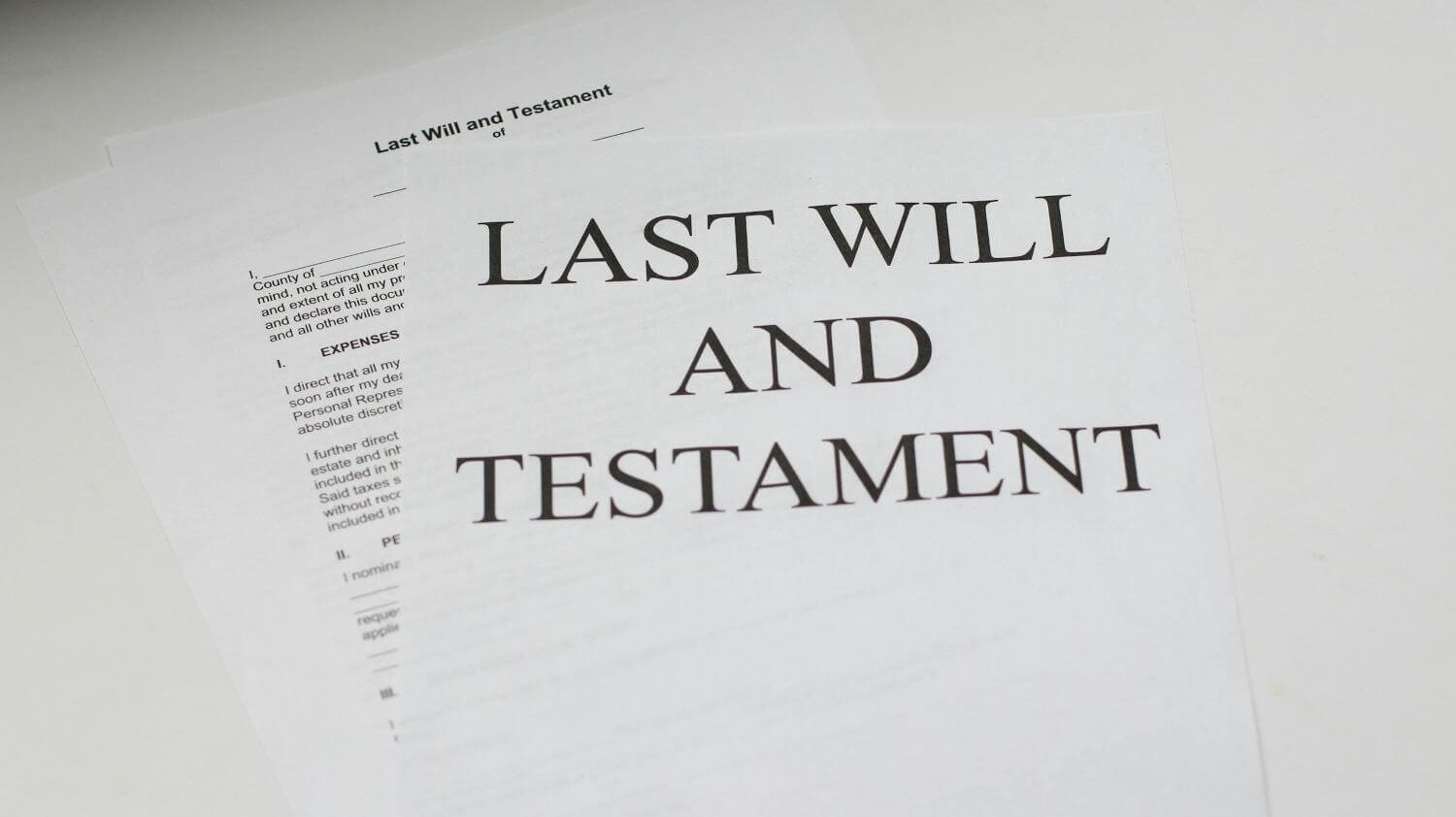Creating a will is an essential part of financial and estate planning that ensures your wishes are carried out after your passing. Yet, many people delay or overlook this critical task, often due to misconceptions about its complexity or necessity. In reality, drafting a will is a straightforward process that offers numerous benefits, providing peace of mind and security for you and your loved ones.
In fact, the process can be straightforward and affordable, especially when using resources like our 10-Step Checklist to Create a Simple Will. When you have a will, you:
Ensure Your Wishes Are Honored
- A will is a legal document that allows you to dictate how your assets will be distributed upon your death. Without a will, state laws will determine the distribution of your estate, which may not align with your personal wishes. By drafting a will, you can specify who will inherit your property, money, and other assets, ensuring that your desires are respected.
Protect Your Loved Ones
- One of the most compelling reasons to create a will is to protect your loved ones. If you have minor children, a will enables you to designate a guardian to care for them. Without a will, the court will appoint a guardian, and their choice may not align with your preferences. Additionally, a will can help reduce conflicts among family members by clearly outlining your intentions, preventing potential disputes.
Minimize Legal Challenges
- A properly drafted and executed will minimizes the chances of legal challenges. When your wishes are clearly documented, it becomes more difficult for others to contest your estate. This legal clarity helps ensure a smoother transition of your assets, reducing the emotional and financial burden on your beneficiaries.
Simplify the Probate Process
- Probate is the legal process through which a deceased person’s estate is settled. While having a will does not eliminate the need for probate, it significantly simplifies the process. A will provides clear instructions on how to distribute your assets, making it easier and faster for the executor and the court to settle your estate.
Allow for Charitable Contributions
- If you have charitable inclinations, a will enables you to leave a portion of your estate to causes or organizations you care about. This ensures that your philanthropic goals are fulfilled, creating a lasting impact and legacy.
Manage Estate Taxes
- A well-drafted will can help manage and potentially reduce estate taxes. By planning the distribution of your assets strategically, you can take advantage of tax benefits and ensure that more of your estate goes to your beneficiaries rather than to taxes.
Common Misconceptions
- Many people avoid drafting a will due to common misconceptions. Some believe they do not have enough assets to warrant a will, while others think the process is too complex or expensive. However, everyone, regardless of their wealth, can benefit from having a will.
If you have feedback, questions, or ideas for future articles or Information Hubs, please contact us. Your insights help us create valuable content.


